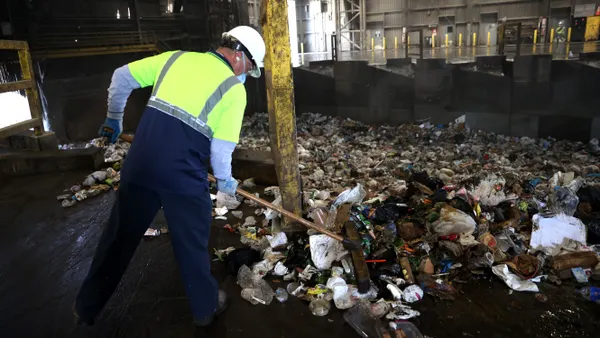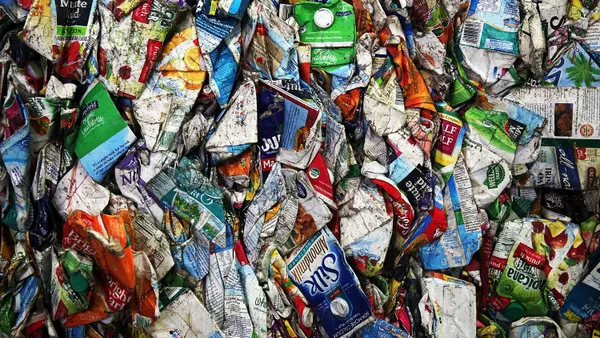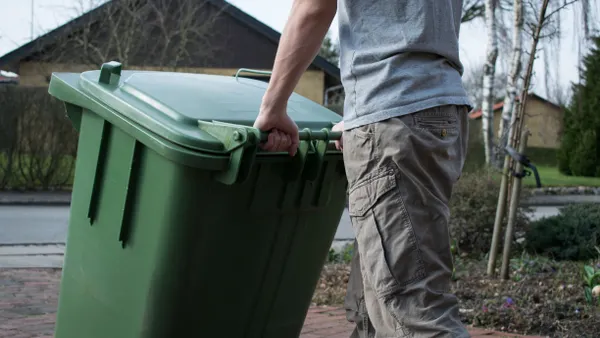Dive Brief:
- Canada's minister of environment and climate change, Catherine McKenna, recently offered more details on plans to use the June G7 Summit in Quebec as a platform to advance the country's plastic waste reduction agenda. "We are looking at a zero-plastics-waste charter," she said, as reported by CBC News. "We could build on goals like having 100% reusable, recyclable or compostable packaging."
- McKenna cited recent sustainability discussions from big companies such as Unilever and Coca-Cola as a sign that momentum was building. Canada hopes its own action on plastic microbeads can be a model for other countries to follow, and that this can spread to the broader group of G20 countries.
- The comments were met with support — and a dose of skepticism — in the Canadian media. Both CTV News and the Toronto Star ran pieces calling on the national government to lead more by example on the issue. Opportunities for further action by provincial governments, such as container redemption programs, were also highlighted.
Dive Insight:
Prime Minister Justin Trudeau first mentioned Canada's plastics agenda earlier this year, and it fits into the broader global conversation being driven by the European Union. The topic has received ongoing attention from the United Nations, Ellen MacArthur Foundation and many others in recent years.
The 2017 G7 Summit also included a workshop on marine litter, which came out of an action plan signed at the 2015 G7 Summit in Germany. This marine litter focus has led to numerous investments by Closed Loop Partners, The Ocean Cleanup and others in an attempt to reverse course on ocean pollution.
It has become increasingly popular for government officials to set bold goals around plastic, as seen with Canada and the U.K. The U.S. Environmental Protection Agency has also said marine plastic is still an active priority. Translating those ideas into results is often more complicated. For example, around the time Trudeau was talking up this environmental agenda in Davos the national government was approving a $35 million grant for plastics manufacturing.
While this may signal hypocrisy to environmental groups, it also represents the intricacies around plastics reduction or recycling. Barring a major shift in modern society, plastic will continue to play a role. Some consensus is building around limiting single-use items such as bags or straws. Containers or packaging can be addressed through extended producer responsibility or redemption programs.
The role of multinational packaging manufacturers, and recycling service providers, adds another layer to the discussion. All of this makes for a topic that is perfect for a global summit in theory, but remains a national and local issue in practice.











